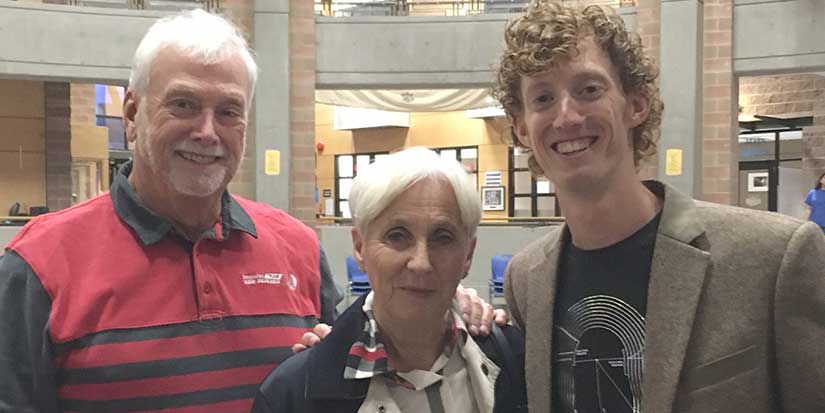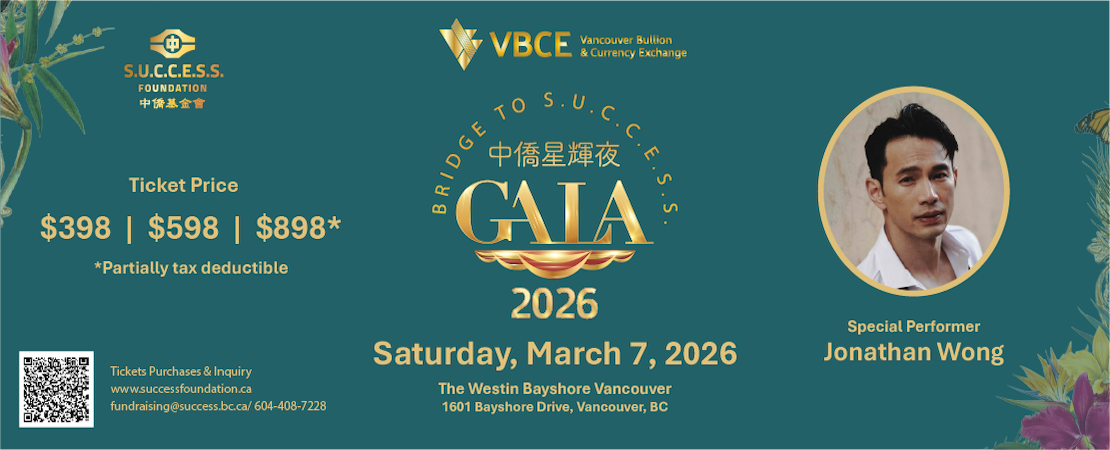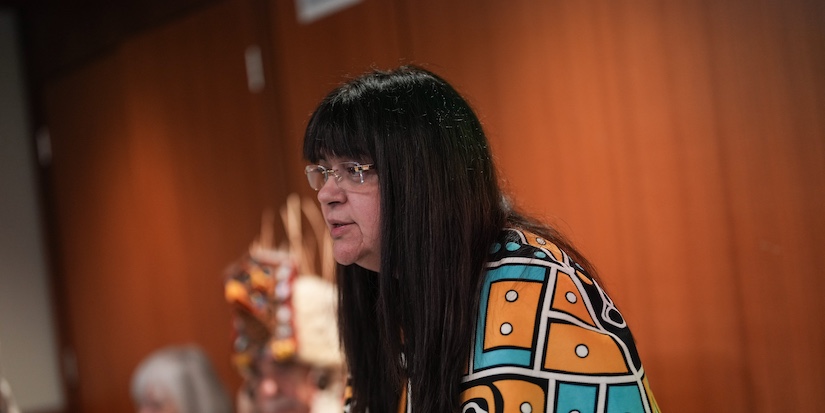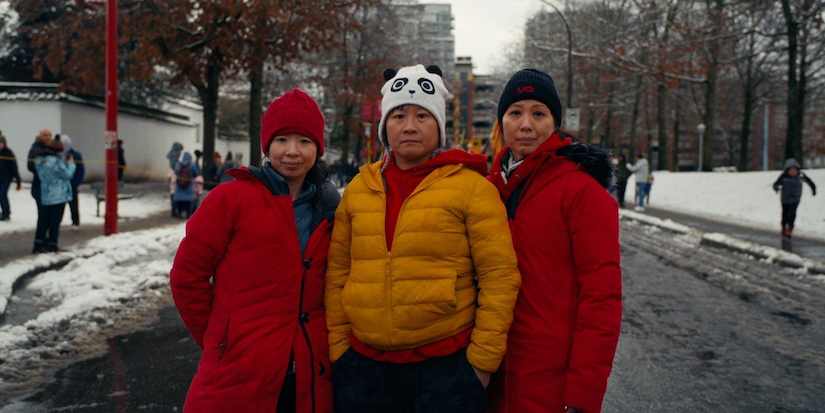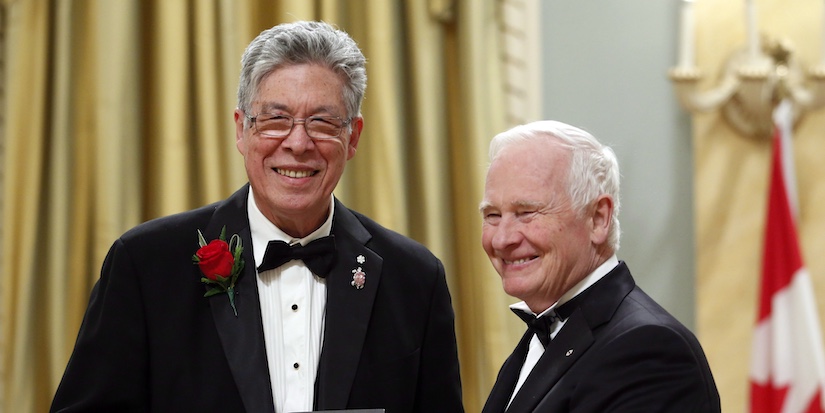Sports
Dunfee a race walking trailblazer
Final shot at gold in Olympic 50k as Paris drops event for 2024
Two decades have passed since a feisty 10-year-old laced up his boots and competed in his first race walk. But even then it was apparent Evan Dunfee had a little extra kick in his step that would quickly lead to success.
But as he prepares to race the grueling men’s 50-kilometre (31-mile) event on Aug. 5 at the Tokyo Olympic Games, the now 30-year-old Richmondite has become just as respected for being one of sport’s great ambassadors—and an outspoken advocate for fair play—as for his athleticism.
“It’s been a long journey and there is a lot that I am proud of. But I think the one thing that stands out in my mind is the KidSport 25th anniversary fundraiser where I walked 25 kilometres a day for 25 days and spoke to 25 schools,” he says. “We raised over $26,000 for KidSport. It was just amazing to take my skill of walking fast and the lessons I’ve learned in this journey and use those in a way that helped people.”
Dunfee says he initially got into sport because he wanted to be the best at something. He defined success as winning and anything short of that was failure.
“I didn’t have the best relationship with sport and I certainly wasn’t happy. Even when I did win, the victory was very fleeting because it was like doing the bare minimum in my mind,” he explains. “After missing out on (the Olympics in) London in 2012, I was really forced to re-evaluate everything as this mindset was clearly limiting my growth as a person and as an athlete. I have a tremendous sports psychologist, Kirsten Barnes, who really helped me re-form what success looked like. I was able to shed this idea of winning being the only thing that mattered into being able to define success as just giving it my all in pursuit of my goals. I still want to be the best, but I don’t define myself by whether I win or lose. I measure success by the progress I’ve made towards my goals, not whether or not I get there in the end. That has really helped me thrive both as an athlete and more importantly as a person. I’m much happier and a much better athlete now because of that shift in mindset.”
It was a natural competitiveness that led Dunfee to take up race walking. A year before his debut, he and his older brother Adam started running at Kingswood Elementary, after the school began a popsicle stick run around the field at lunch time. Participants received a popsicle for every lap they ran.
“I really enjoyed it, and so we got into Kajaks (Richmond’s community track and field club) and we both really enjoyed that as well,” Dunfee says. “Adam had his appendix removed and his high school coach suggested he try race walking while his stitches healed. He was pretty good at it right away so I figured that if he could do it it must be pretty easy and got him to show me the technique and off I went to my first race. On the start line of the 800-metre race the kid who always won asked me what I wanted to do. I had no idea so I said, ‘five minutes.’ He told me I’d never do that on my first time. Sure enough I beat him, won the race, and walked 4:58. From then on I was hooked.”
Soon, more success followed. And, with an increasing dedication to training, so too did the opportunity to become one of the world’s best in a sport that has had its share of critics. While Dunfee’s own success has helped race walking increasingly gain respect, he says he doesn’t blame those who previously mocked it.
“I have a lot of moments in my life I can look back on and say I made fun of things I didn’t understand. More than anything I’ve found just being true to myself has done more to gain
people’s respect, even if they don’t understand why I walk weird. I guess at this point I’m not interested in trying to convince anyone that race walking is cool or anything like that. I’m just out there doing my thing. What I love most about (competing in) the 50k is all the little things that you need to do—the hydration, the cooling, fueling, all that stuff that can derail even the fittest athletes.
It’s just a puzzle and putting together a great race involves so many different pieces.”
Having recently broken his own Canadian record, which he earlier established while winning bronze (Canada’s first-ever medal in race walking) at the 2019 worlds in Dubai, Dunfee says the best part of competing at an elite level is getting to travel around the world and make friends with people who are just as dedicated.
“I’m driven by the desire to test myself on the biggest stage against the best athletes,” he says. “However as a human, I’m completely unsure that the Olympics should be happening right now, and what my role as an athlete going to the Games is, and it’s certainly not all positive. That is something I have to compartmentalize, but I think it is important for me personally though to at least acknowledge. Not having my parents there, friends or my partner is obviously tough. But everyone understands the need this year.”
Dunfee credits his parents with providing him with every possible opportunity, a “privilege” he struggles to put into words. More than anything, he says it has taught him to use his position to break down barriers for those without the same opportunity.
His advice to those looking to follow in his footsteps?
“Set big goals, chase them unabashedly, and measure your success by how far you came from where you started, not by how close you came to those big goals,” he says. “And most importantly, at some point in your journey take what you’ve learned and pass some of it on to the next generation.”
